Abstract 1/2016
Table of content
Aleksandra Ciastoń-Ciulkin –New culture of mobility – substance and definition
Marcin Krzymuski –Legal character of transportation plan
Wojciech Jurkowski, Mateusz Smolarski –Organization and spatial aspects of private bus transport operating in Wałbrzych
Tomasz Kulpa, Krystian Banet, Sylwia Rogala –Development of travel model using GIS database
Andrzej Krych – Władysław Folkierski against polish engineers’ diaspora in Paris and Lima in the second half of the nineteenth century
Abstracts
Aleksandra Ciastoń-Ciulkin
New culture of mobility – substance and definition
Abstract. Culture is an important element of each society, includes entirety of tangible and intangible values, which are creation of human activities and learned as well as socially recognized behaviors, including transport behaviors. Like all cultures, also socially considered mobility culture will support or slow down socio-economic development. In the article importance of definition of culture mobility, with a special respect to the new culture of mobility and its role in the socio-economic life of urbanized centers is presented. Also description of the European transport policy in the framework of sustainable mobility in cities is illustrated.
Key words: new culture of mobility,sustainable mobility, car’s culture, transport behaviors
Marcin Krzymuski
Legal character of transportation plan
Abstract: Subject of the article is the legal character of transportation plan. The definition of transportation plan constitutes the starting point for further considerations. Conditions required for the acceptance of an effective transportation plan were described, with particular consideration of the subjects with an obligation to enact. Should no such plan be implemented, an indication of the effects of such omission on the practice of public transportation was made. The concluding deliberation reflects on the possibilities of cross-border cooperation within public transport planning.
Key words: public transport planning, responsibility of public transport authority, cross border public transport
Wojciech Jurkowski, Mateusz Smolarski
Organization and spatial aspects of private bus transport operating in Wałbrzych
Abstract: Market of public transport in Polish cities is characterized by many significant transformations, especially connected with development problems and dynamic expansion of private carriers. Because of the scale and rate of changes Wałbrzych is one of the best examples. The changes have generally been connected with the fall of urban transport operator. Consequently new, private carriers have become basic component of public transport in the city, which has caused many, positive and negative effects. The aim of the article is the analysis and evaluation of the activity of local bus transport system, especially with reference to the organization and spatial aspects. In the article authors presented the scheme of functioning of regional bus network and quantitative analysis (structure of carriers, destinations and links between spatial structure and local social-demographic factors. That allows to identify characteristic features of public transport system and to evaluate advantages and weaknesses facets. It must be admitted that although the article describes situation in Wałbrzych presented here phenomena are appeared in different scale in the whole country.
Key words: bus transport, road carriers, geography of transport, deregulations in transport market
Tomasz Kulpa, Krystian Banet, Sylwia Rogala
Development of travel model using GIS database
Abstract: GIS database are currently more often used in development of travel models. Available GIS database are paid or free of charge. Their high accuracy and reliability improve quality of travel models. Based on own experiences authors would like to present application of GIS database in travel model development. In particular usage of General Geographic Database (BDOO) and Database of Topographic Object (BDOT10k) published by the National Geodetic and Cartographic Resource was presented. Moreover generally accessible database of transportation network was described. Different sources of data enable to develop supply model as well as input data to four-stage demand model. These are the basis for further travel model development. Use of GIS database and GIS software significantly hasten travel model development, especially on the stage of dividing into traffic analysis zones and transportation network creation.
Keywords: GIS, travel models, spatial data
Andrzej Krych
Władysław Folkierski against polish engineers’ diaspora in Paris and Lima in the second half of the nineteenth century
Abstract: The second half of the 19th century witnessed the building of the foundations of Polish civil engineering, both on the lands under partitions and within the circles of the post-uprising emigration. Inasmuch as the traditions of Polish schools and centres of technical knowledge and national engineers are fostered in the traditions of technical education, railroad and national road construction and popularised in local historical periodicals, today’s Poles are hardly aware of the efforts, scale and accomplishments of our engineers in exile. Władysław Folkierski belongs to a group of outstanding Polish engineers and scientists of his era. He contributed to the education of hundreds of Polish engineers, and played a significant role in the development of technical schooling and railroad system in Peru. When necessary, he participated in uprisings, defended Paris and build defensive fortifications around Lima. It is worth adding that he was not alone in his mission, since many Polish engineers shared similar fates.
Key words: Folkierski, history of transport, polish scientists
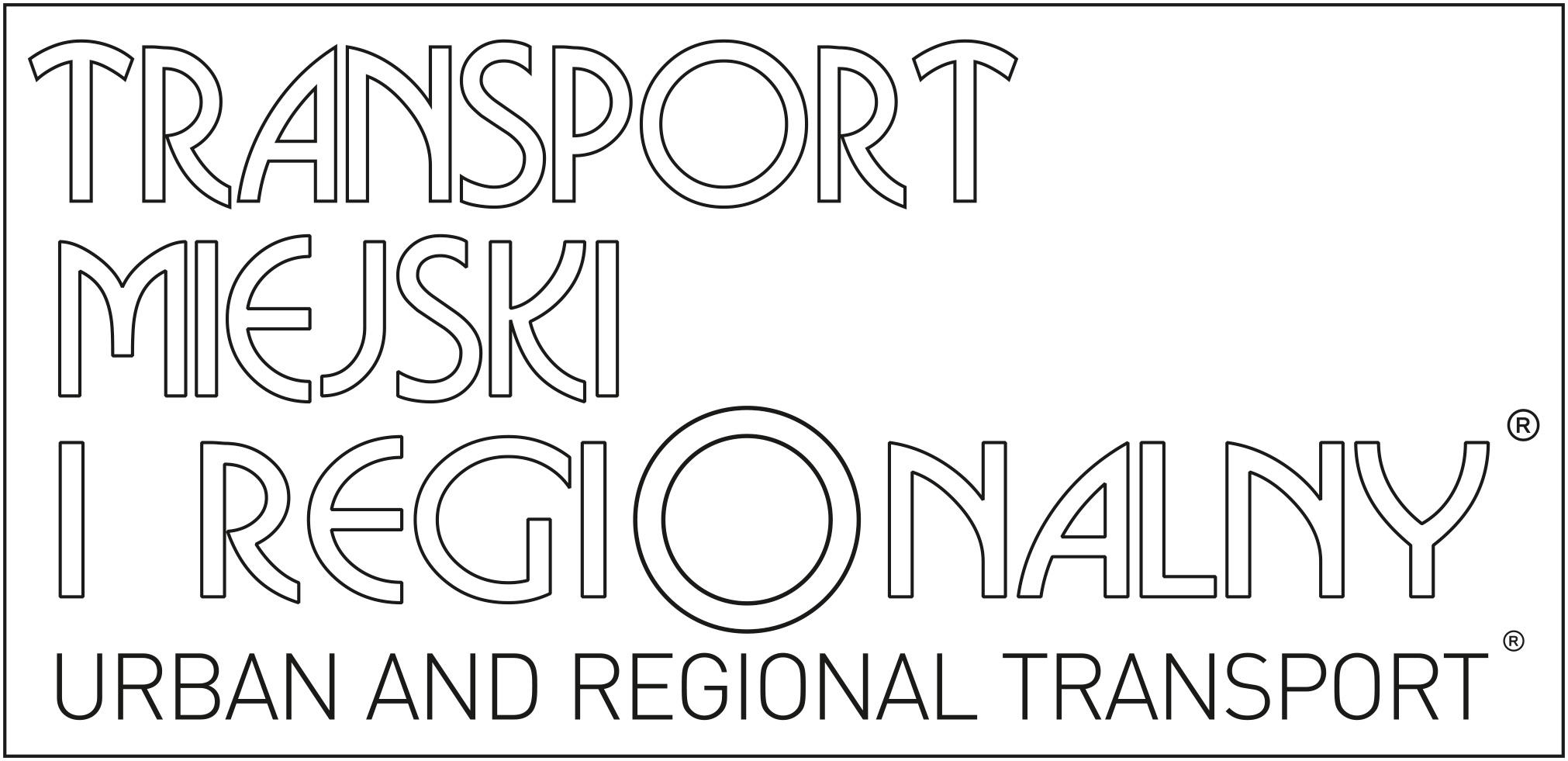
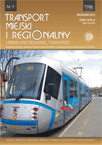 SITK RP
SITK RP  SITK
SITK 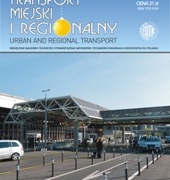 SITK RP
SITK RP 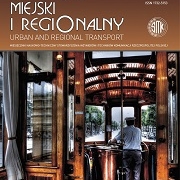
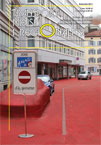 SITK RP
SITK RP 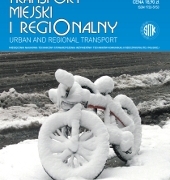 SITK RP
SITK RP 
 SITK RP
SITK RP SITK RP
SITK RP